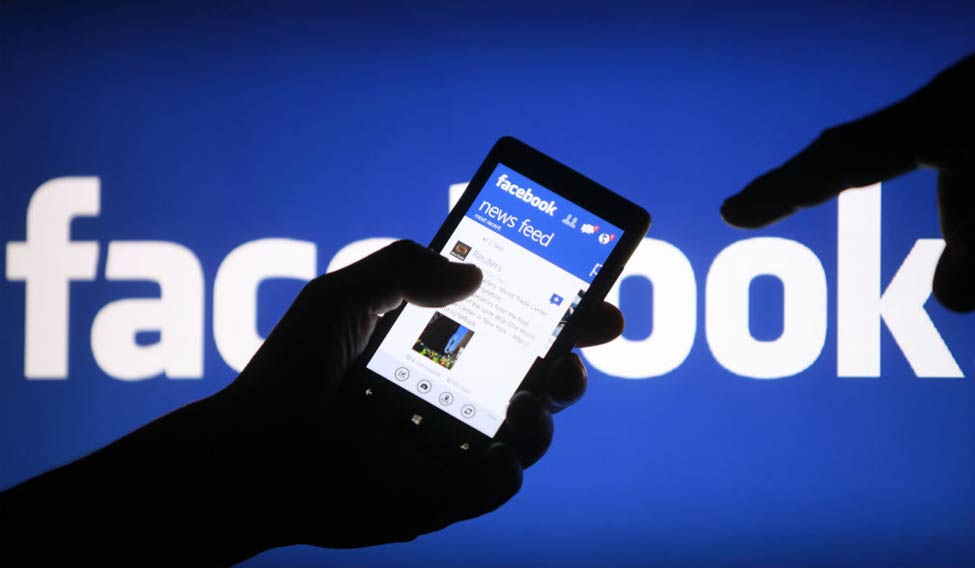Facebook's attempt to cash into the promising internet market in India, through its Free Basics programme, fell flat last year. Indians demanded free and open internet over Zuckerberg's programme which limited user access to a few hand-picked sites. The outrage by net neutrality supporters, and the subsequent ban by the Telecom Regularity Authority of India had upset the social media giant.
“While we're disappointed with today's decision, I want to personally communicate that we are committed to keep working to break down barriers to connectivity in India and around the world. Internet.org has many initiatives, and we will keep working until everyone has access to the internet," said Zuckerberg in his post following the TRAI ban in 2015.
After facing rejection in India, one of its biggest markets, Facebook is trying its luck again, with a difference. This time, Facebook is back with Express WiFi—a programme that allows customers to purchase low-cost data packages from their local service provider to provide fast internet through local hotspots.
What's different?
Free Basics operated on the principal of zero-rating, a practice in which internet service providers do not charge the user on data for certain applications. This, however, violates the idea of net neutrality by incentivising people to prefer certain services over the other.
The major difference with Express Wi-Fi is that this time Facebook is not offering free access to the internet, instead it is low-cost access. Users can buy data packs from their providers for as low as Rs 10. Facebook is providing software that helps local internet service providers and entrepreneurs sell and provide internet service in rural areas, which can be accessed via public Wi-Fi hotspots. Partnering with local service providers gives Facebook a chance to venture into remote areas of the country, which it otherwise could not have. Express Wi-Fi has already completed a trial period in the country with BSNL and about 125 rural Wi-Fi hotspots.
According to Facebook, about 148 million people access Facebook in India every month, and getting unconnected users online in the world’s second-most-populous country is key for its growth.
What are the challenges?
Poor infrastructure and low internet speeds are the major challenges for Facebook in India. Besides that, Facebook also has to keep up with the competition because Google already seems to have gotten a head start. In September 2015, the search giant announced plans to offer free high speed wi-fi in 400 railway stations across the country. The service is already active in 19 stations with 1.5 million people using the service. Google also plans to extend internet reach in India through its Project Loon which that aims to broadcast internet signals with a network of high-flying helium balloons.
Why we need more Wi-Fi?
It is a digital world and everyone needs to be connected. With increasing demand for data usage, WiFi is the need of the hour. There are currently over 31,000 public Wi-Fi hotspots installed in India, according to industry estimates, and the number is expected to grow.
However, for India to match the current global average of one public Wi-Fi hotspot per 150 people, an additional 8 lakh hotspots need to be installed. According to a report The state of broadband released by the UN Broadband Commission in 2015, India's broadband penetration ranking fell from 155 to 113, behind Syria, Zimbabwe and Ghana. Higher speed, rapidly growing smartphone user base and the fact that a significant portion of the population does not have an Internet connection are key drivers for potential public Wi-Fi hotspots in India.
Global internet companies are eying this untouched segment of the population and that makes India so important in Facebook's scheme of things.




